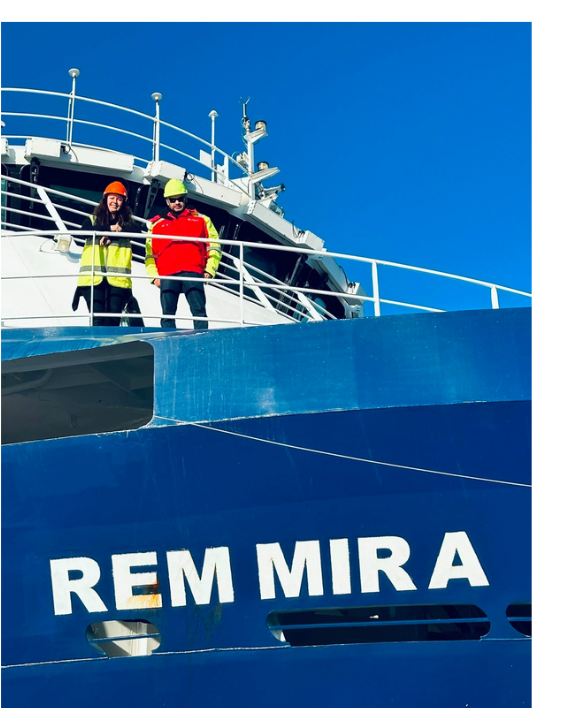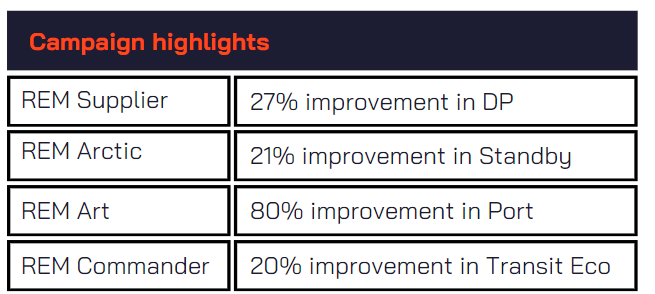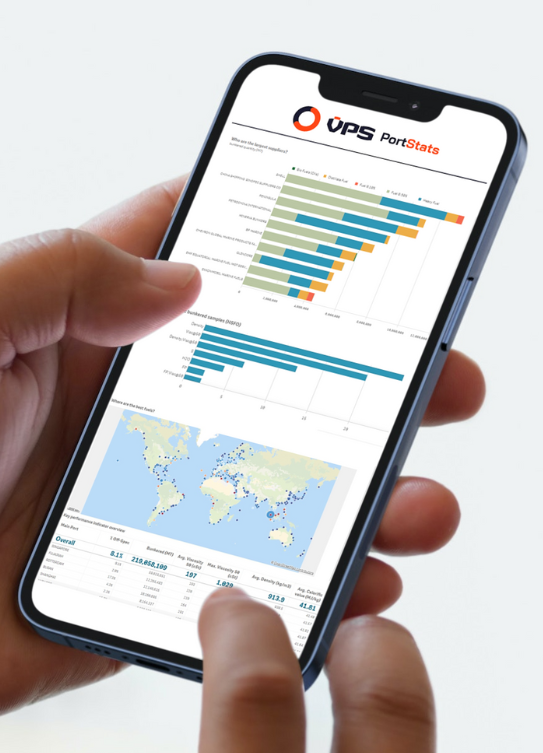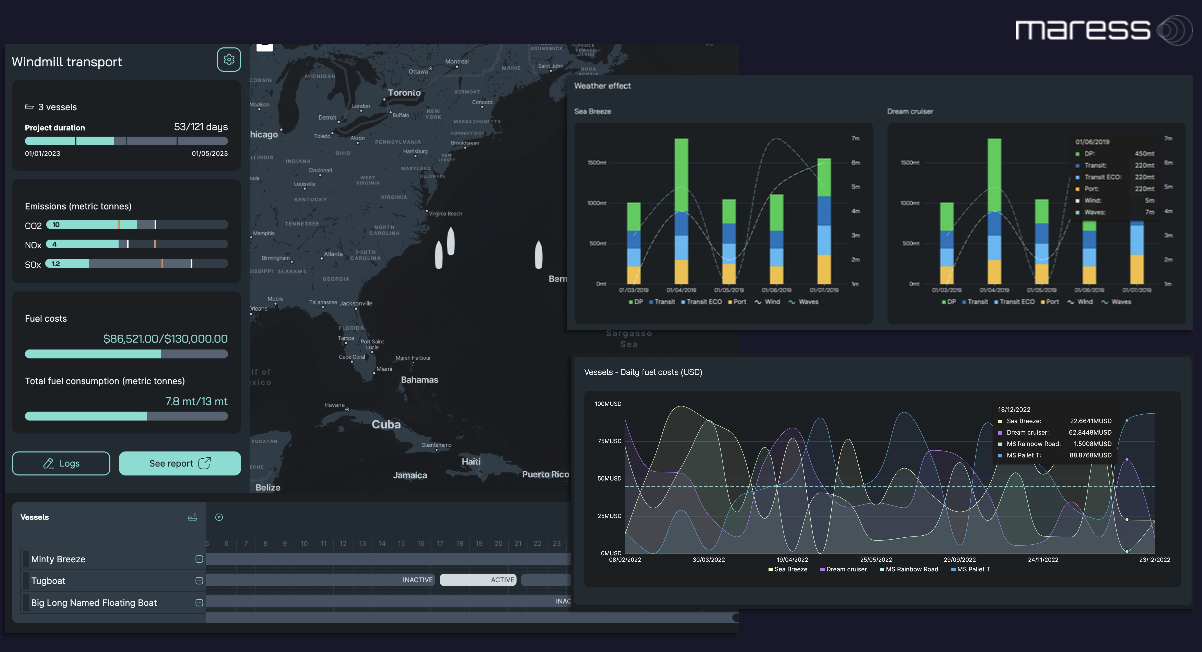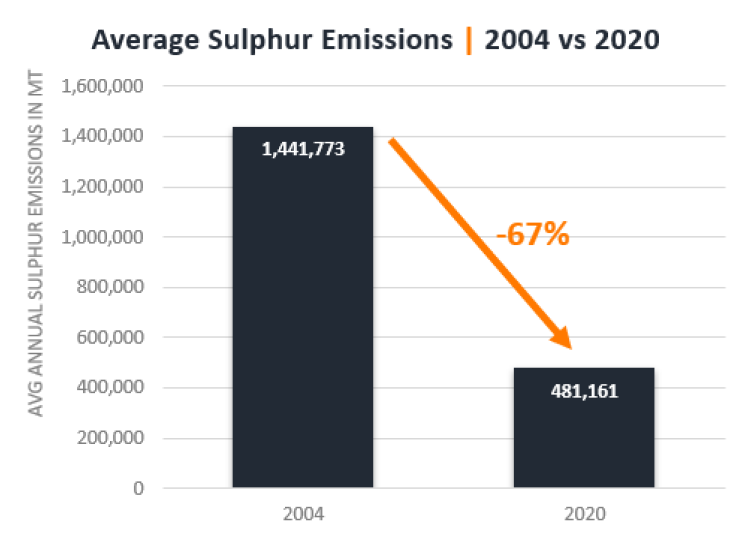Article by Steve Bee, VPS Group Commercial & Business Development Director
The past five years have given rise to numerous high-profile, chemically-contaminated marine fuel cases. Hundreds of vessels have experienced costly engine damages during these events, in Houston (2018 and 2023), Europe (2022) and also in Singapore (2022). In addition to these highly publicised contamination events, there have been many single cases of vessel damage across the world due to the presence of chemical contaminants within fuel. All of these cases, large or small, have shown numerous different chemical contaminants, or combinations of contaminants, which have been identified as being responsible for these damages.
To highlight the consequences of chemically contaminated marine fuel, one recent case study, illustrates perfectly the issues and expense, ship owners and operators can face, when chemicals are present within their fuel.
In April 2023, a Singaporean-owned chemical and product tanker bunkered 415 m/tons of VLSFO in Houston. The vessel began to burn the fuel in May and quickly began to experience numerous issues with the auxiliary and main engines, such as exhaust gas deviating temperatures and the wearing of fuel pumps and plunger barrels. In addition, problems such as start-failure due to insufficient fuel injection, pressure build up, as well as worn out and leaking fuel pumps.
Of greater concern was the complete engine stoppage enroute to the next US port, when the main engine failed. Multiple attempts were made to start the engine, all without success.
Subsequent VPS forensic laboratory testing, utilising a proprietary Gas Chromatography Mass Spectrometry (GCMS) Acid Extraction methodology, detected the presence of several phenols and fatty acid compounds within the fuel.
The vessel initiated the necessary repairs to both auxiliary and main engine fuel pumps, at a total spares cost of $200,000.
Following these repairs, Class and Engine Manufacturer representatives attended the vessel to assess both auxiliary and main engine performance. A sea trial was then arranged in order to gain USCG approval to berth and manoeuvre the vessel in US coastal waters.
Eventually towards the end of July the contaminated fuel was de-bunkered in Houston.
Captain Subhangshu Dutt, Managing Director of OM Maritime said, “It seems many more fuel quality details need to be considered while bunkering nowadays in order to avoid such incidents in the future, & chemical screening can be a useful tool to raise the red flag. Prudent testing can also keep us abreast of new contaminants that can enter the bunker market. Using technology and digitalization to trace the upstream history of the fuel could be considered. A perfect world would be when rigorous & relevant testing procedures are completed before the fuel is declared “fit” to be delivered on board”.
Hindsight with this and many other cases, would see ship owners and operators, looking for a more pro-active, pre-burn means of detecting the presence of volatile contaminants within their fuel. The VPS Chemical Screening service provides such a solution and ensures a higher level of vessel protection.
Since 2018, 41% of vessels engaged in the VPS fuel testing programme, have used the numerous Gas Chromatography Mass Spectrometry (GCMS) services available to detect chemical contaminants within fuel.
Focusing specifically on the GCMS-Head Space Chemical Screening service, 19.9% of applicable marine fuel samples received by VPS since 2018, have undertaken this rapid, pre-burn protection service, with an average 8% of samples tested, giving rise to a “Caution” result, indicating the presence of at least one chemical contaminant.
VPS report GCMS-HS screening results within 24-hours of sample receipt and once a “Caution” result is identified, VPS customers can immediately place their supplier on notice, pending further investigation, avoiding restrictive time-bar agreements.
Further investigation usually begins with a GCMS-HS Extended analysis, followed by more detailed forensic GCMS analysis, if required.
However, the initial GCMS-HS chemical screening service offers great benefits and value to VPS customers, as an inexpensive, rapid detection service, prior to the fuel being burnt. To put this into context, the $200,000 cost of replacement parts highlighted in the above case study, could have provided over 3,500 GCMS-HS screening tests.
A Swedish Club report in 2018, stated the average cost of a single fuel-related damage case is $344,000. With current fuel prices at $700/mt and an average bunker stem of 1,000mt, then a single GCMS-HS screening test to check for the presence of volatile chemicals within that one fuel delivery, equates to less than 0.008% of the cost of the fuel. Yet this service would provide a much greater level of protection to the vessel and avoid the risks associated with volatile chemicals within marine fuel. Which raises a final thought-provoking question, “Can you afford not to screen your fuel for chemicals?”
To find out more about VPS chemical contamination detection services, please contact steve.bee@vpsveritas.com
 Search
Search
 Customer
Customer
